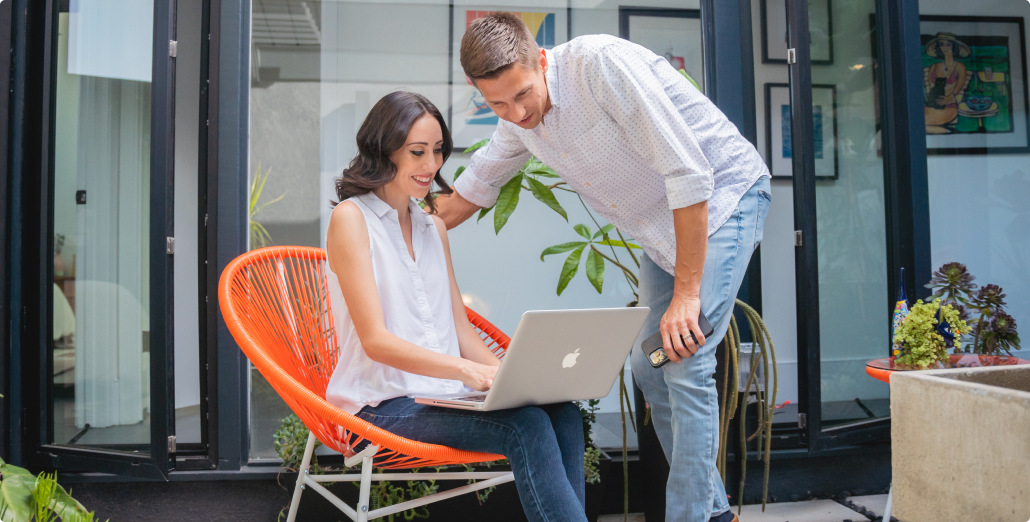Five Common Home Hazards and How to Avoid Them
There’s no place like home and, in that respect, your home should feel and actually be safe for you and your family. However, this also means that people tend to be less careful and diligent when it comes to potential accidents and hazards in their personal environment. It’s crucial to keep in mind the most common home hazards so that you can efficiently take preventative measures against them.
1. Falls Occur at Home More Often Than Outside
This might be surprising, but falls that lead to injuries often happen at home, even more than outside, especially when it comes to older adults and young children. This is why it’s important to boost the safety of your place in this regard as soon as possible.
For instance, if your floors are slippery, you might want to look into different options such as carpet installation or changing the flooring solution completely. Anti-slip mats can be very helpful, especially in the kitchens and bathrooms. You might also want to consider installing safety handles next to the shower/tub and front stairs. Speaking of stairs, they have to be sturdy and secure. Make sure that the stair railing is properly fixed and the stair rug is properly attached. If you have any children in your home, don’t hesitate to use baby gates at both the top and bottom of the stairs.
2. The Danger of Fire is Real
Fire accidents are not just something that happens to other people or in The Sims game. Leaving the stove or iron on, overloaded outlets, unattended and forgotten candles, and meals can happen to anyone and can all lead to a fire hazard. Of course, the first thing you have to do to prevent this is remain very careful and diligent when you’re handling fire and appliances such as oven, stove, toaster, iron, etc. You can also install effective fire alarms and functional fire ducts, which won’t only alert you in case of fire danger, but will also reduce the initial impact on your home thanks to the duct system. Make sure to always have at least one fire extinguisher at home!
3. Choking is a Serious Threat for Younger Kids
People don’t tend to think about choking when it comes to home hazards, but the fact of the matter is that small toys and parts can be disastrous for curious youngsters who like to inspect everything by tasting it . The best way to deal with this is to refrain from buying toys with loose parts that have a choking warning in the first place. Check the toys you have already bought to see whether there’s are any parts coming loose. A baby monitor can let you listen in on your child so that you can hear signs of choking immediately.
4. Poisoning is not a Joking Matter
Another potential and actually very common home hazard is poisoning. This also isn’t something that people tend to think about, but homes tend to be filled with toxic chemicals that can be very poisonous - especially for pets and kids. That said, make sure to keep your cleaning agents, paint, detergents and other chemicals safely stored away from the reach of curious hands. It’s also important to keep your medicine in order, to avoid confusion, and don’t forget to throw away all the meds that have already expired.
5. Drowning is a Preventable Tragedy
Sadly, drowning is also one of the most common home hazards. Slips in the bathroom or around the pool, as well as unattended children around water, are all unfortunate situations that can lead to drowning. This kind of tragedy is easy to prevent. For starters, make sure to place anti-slip mats inside and in front of your shower/tub. If you keep filled water buckets for gardening, keep them safely stored away from heavily traffic areas. When it comes to the pools, it would be best to install a proper fence around it and put a cover over it when it’s not in use. Drain the water from the pool when swimming is completely out of the question due to weather. Most importantly, never leave children alone and unattended around any water.
Some would argue that you can’t fight destiny, but what you definitely can do is take every step of prevention to keep yourself and your family safe inside your own home. After all, the risk of accidents and hazards is higher when you completely ignore the possibility of these things happening. So, if there’s a need for fixes or upgrades in your home that will directly affect the safety of the household, make sure to tend to them as soon as possible. Do your best to be a careful and responsible homeowner, and talk about these practices to your family members before it's too late.



